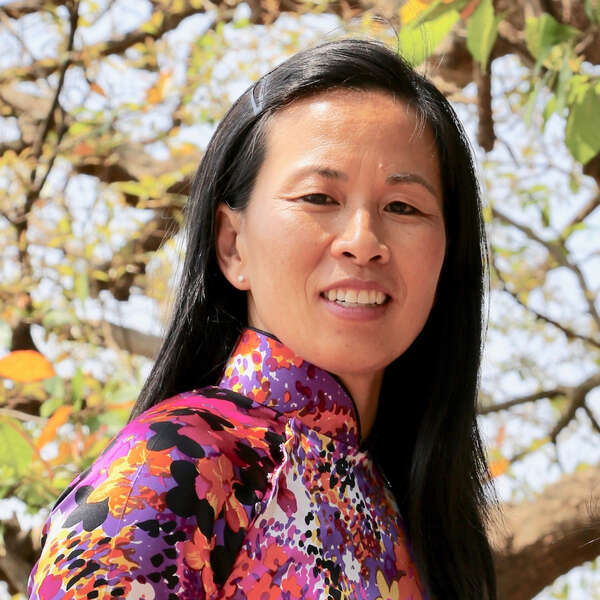Schlagwort: Waisen
-
Adoption kann ein psychologisches Gefängnis sein
Desiree shares about the complexities of breaking away from toxic ties if an adoption hasn’t served our best interests.
-
Die Stimmen derjenigen, die sich am meisten auf die Adoption auswirkten
Paul Bonnell’s essay written to express his journey of intercountry adoption from Vietnam.
-

Kehre ins Geburtsland zurück
Vietnamese adoptee Lynelle shares about her second return journey to homeland, a decade later and how things have changed.
-
Would Adoptees Adopt an Orphan?
Would Adoptees Adopt or Not? This is a compilation of responses from those with lived experience.
-
What Intercountry Adoptees Need
Lynelle shares from dialogue within ICAV what intercountry adoptees need, having lived the experience.
-
LIONHEART Review
Lynelle provides a recommendation and review of the book Lionheart – a terrific resource for any parent considering intercountry adoption written by adoptive parents.
-
Personal Message from Lynelle
Lynelle writes about her views on the UNCRC and The Hague Convention for Intercountry Adoption.
-
Such- und Wiedervereinigungsforschung bei internationalen Adoptionen
Pauline Senchyna’s research on Search & Reunion for Ireland’s aging intercountry adoptees.
-
Artwork Submitted for The Colour of Time Cover Competition
Artwork submitted by adoptees for the competition of the front cover design concept of the book, The Colour of Time.
-
When will Intercountry Adoptee Services be provided by Federal Government?
Lynelle critically examines who and how well the millions of money is being spent by the Australian government in intercountry adoption.
-
Complexities of Intercountry Adoption
—
von
In Abandonment and Rejection, Adoptees Educate, Adoption Education for Adoptive Parents, Adoption Education for Professionals, Australien, Complexities in Adoption, ICAV Beginnings, Importance of Connections to Origins, Is adoption the best option, Lifelong Impacts of Adoption, Not Knowing in Adoption, Herkunftssuche, Transrassische Adoption, Trauma bei der Adoption, VietnamLynelle shares on intercountry adoption, together with her own experience and hearing from many fellow adoptees on a range of questions asked by a journalist.
-
Wut des Adoptierten
Lynelle spricht über die Wut von Adoptierten, wie sie mit Verlassenheitsgefühlen, Trauer, Verlust und Traurigkeit zusammenhängt; Die beste Antwort ist, zuzuhören und unsere Gefühle zu bestätigen
-
Wie ist es, adoptiert zu werden?
—
von
In Abandonment and Rejection, Abuse in Adoption, Adoptees Educate, Adoption Education for Adoptive Parents, Adoption Education for Professionals, Australien, Grief and Loss, Lifelong Impacts of Adoption, Not Knowing in Adoption, Herkunftssuche, Suicide, Therapy, Transrassische Adoption, Trauma bei der Adoption, VietnamLynelle beantwortet die Frage „Wie ist es, adoptiert zu werden?“ Sie gibt Einblicke in ihre eigene Reise und teilt einige gemeinsame Elemente, von denen viele andere Adoptierte sprechen.